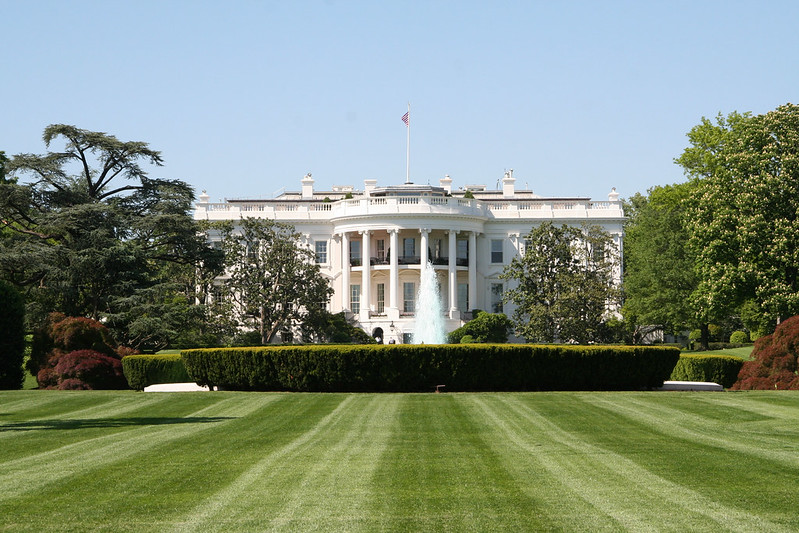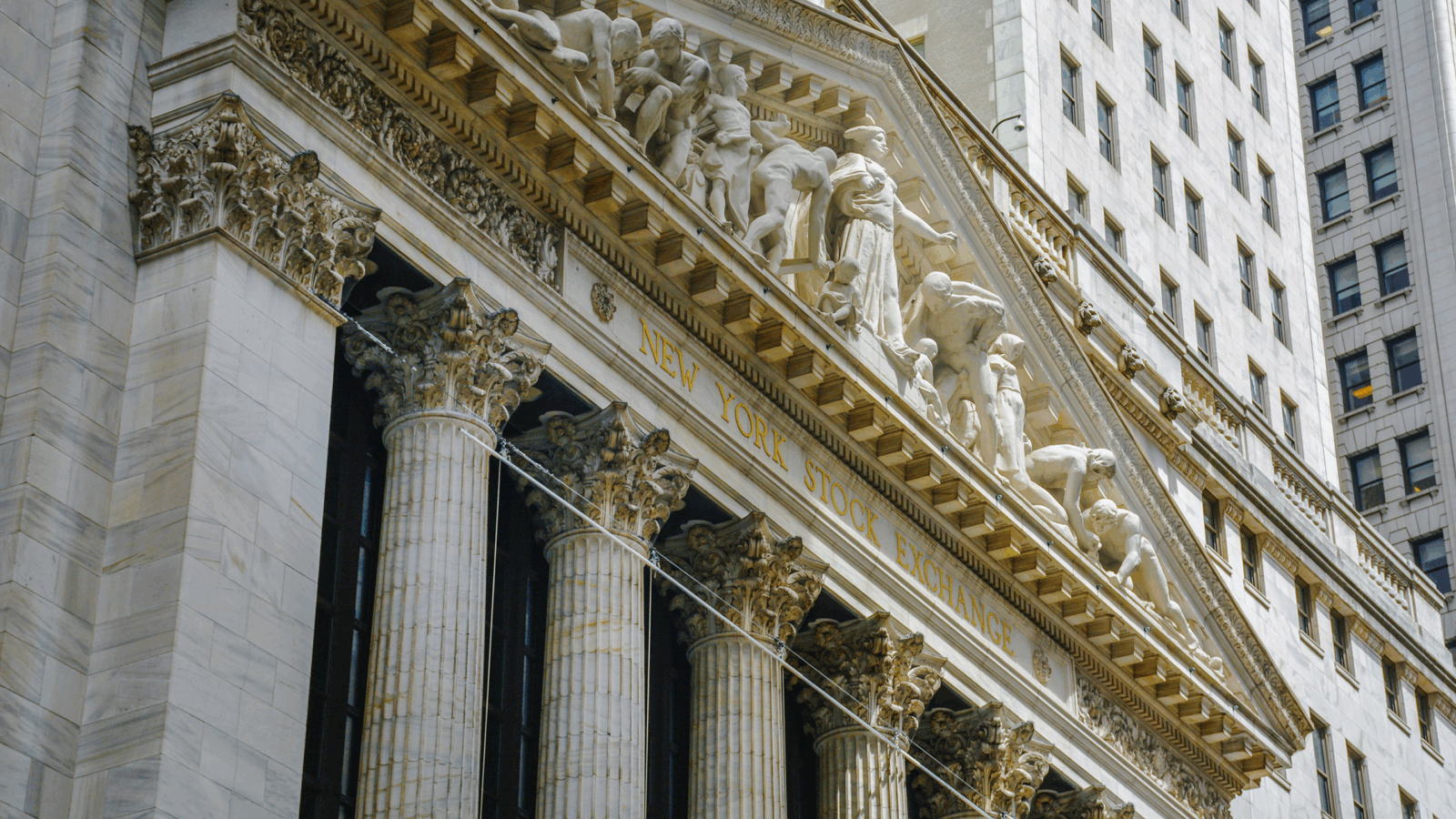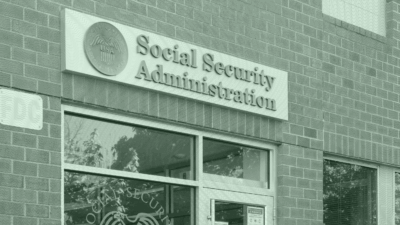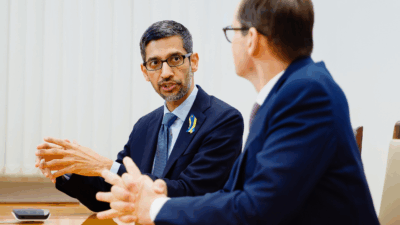
Sign up for smart news, insights, and analysis on the biggest financial stories of the day.
Well, that didn’t take too long.
On Thursday, about three weeks after the collapse of Silicon Valley Bank, the White House proposed reinstituting a whole host of regulations on similarly mid-sized and regional banks with between $100 billion and $250 billion in assets. Some of the rules sound awfully familiar to arguments made post-2008. You know what they say: every crisis is an opportunity to argue about the last crisis.
Biden Your Time
It’s all coming full circle for Joe Biden and Washington regulators. One key regulation the White House called for on Thursday is a provision regarding compensation packages that would work to disincentivize risk-taking among financial institutions. It’s a rule that was initially called for in the 2010 Dodd-Frank Act (you know, the last time Wall Street got in big trouble) but fell by the wayside by the end of the Obama-Biden administration.
The White House also called for regulators to play a reverse Uno card on the de-regulatory reverse Uno card played by Congress in 2018, reinstating stricter scrutiny on banks with less than $250 billion in assets.
And that’s just the start of the overall list of demands:
- Among the proposals was a call to raise liquidity requirements for mid-sized banks, turning bi-annual stress tests into an annual event, and shortening the trigger timeframe for new stress tests once a bank grows to over $100 billion in assets.
- The White House also wants to update stress tests to reflect clients’ ability to make high-speed digital withdrawals, as well as to account for novel situations, such as the impacts of rapidly rising interest on banks with a high concentration of low yield, long-term debt — a.k.a., exactly the phenomenon that many mid-sized banks just experienced.
Bankly, My Dear: The banks, unsurprisingly, are none too happy that they all may pay for SVB’s failure. “It would be unfortunate if the response to bad management and delinquent supervision at SVB were additional regulation on all banks that would impose meaningful costs on the U.S. economy going forward,” Greg Baer, President and CEO of large bank trade group The Bank Policy Institute, said in a statement.
Mr. Regulator Goes to Washington: The White House says regulators could enact all of the proposals without congressional action. But that doesn’t mean congress is staying silent. Two congressional hearings with banking regulators were held earlier this week, in which members of both parties accused the Fed’s financial supervisors of operating with too light a touch. Perhaps House Financial Services Chairman and Republican congressman Patrick McHenry summed it up best: “We need competent financial supervisors, but Congress can’t legislate competence.”











